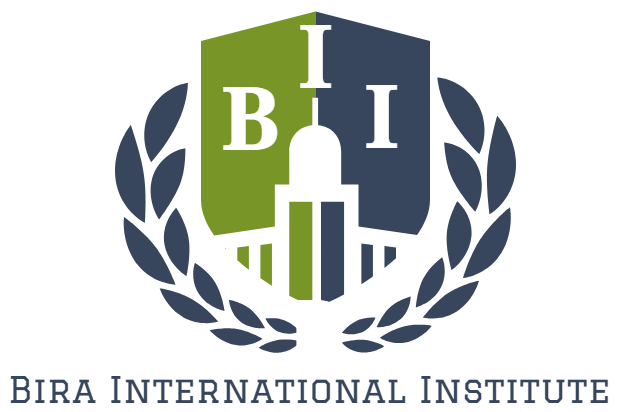Solution Focused Brief Therapy (SFBT), as its name suggests, focuses on solutions and is goal-oriented, rather than problem focused as many other therapies are.
Our Solution Focused Brief Therapy (SFBT) course is a valuable tool for those who are formally recognised as helping professionals as well as ‘informal helpers’ thus people whose primary role is not viewed as caring or supporting others emotionally but whose daily routine inevitably involves helping people in crisis or distress. Our Solution Focused Brief Therapy course empowers helping professionals and informal helpers in the field of social work, counselling, psychology, psychiatry, medical health, human resources, social care, education, community, childcare and voluntary settings. The course offers a challenging and innovative study experience which draws on theoretical perspectives plus professional practice.
Knowledge learnt may be used as a stepping stone for those who would like to develop a career in the field of psychology, psychotherapy, psychiatry or mental health.
Assessment
This course is knowledge-based, however, it includes a practical aspect so that you can demonstrate your newly-found skills. To meet the assessment criteria, you will be required to interact with several case study scenarios and provide a development journal of learning that will you to track and reflect on the ways you have applied your counselling skills in your everyday life or social care setting. This is so your assessor can see how you apply your knowledge to different situations, which will, in turn, help you confidently practice your skills in the future.
Additionally at the end of every unit, you will undergo assessments to gauge your understanding and readiness for each next unit. Also putting theory into practice is central to gaining competency in SFBT therefore students are advised to implement the knowledge and skills learnt in their work settings.
IAOTH Accreditation
This course is approved and accredited by IAOTH (International Association of Therapists), an independent international professional body and register for counsellors, coaches, psychotherapists, hypnotherapists and various fields. IAOTH endorsement involves robust and rigorous quality audit and review to ensure quality is continually met.
On completion of this course you will gain membership with IAOTH as an accredited practitioner and enjoy benefits such discounted membership and promotion of your skills on the IAOTH online directory. You will also be able to practice at an international level.
Certificate on Completion
The certificate successful learners receive will also have the logo of the IAOTH as the accreditation Organisation along with the full qualification title.
For further details feel free to
For more details please contact us ;
Email: info@biiopenlearning.com or biiopenlearning@gmail.com
Messenger: Bira International Institute
Facebook: https://www.facebook.com/Bira-International-Institute-787849574904015
Facebook text message: m.me/787849574904015
-
Unit 1: Introduction to Solution-Focused Brief Therapy
Learning Outcomes: Upon successful completion of unit 1, the learners should be able to: • Describe SFBT • Outline the key elements in SFBT • .Explain session structuring in SFBT
-
Unit 2: Solution Building
Learning Outcomes: Upon successful completion of unit 2, the learner should be able to: • Describe how the counsellor can help the client envisage how he would like his life to be. • Summarise the process of changing abstract ideas into well-formed goals. • Discuss how to find solvable problems and introduce new solutions.
-
Unit 3: The Miracle Question
Learning Outcomes: Upon successful completion of unit 3, the learner should be able to: • Describe the miracle question. • Propose some variations on the miracle question. • Discuss the purpose of the miracle question and how to deal with unrealistic and unhealthy miracle questions.
-
Unit 4: Building on Clients’ Strengths
Learning Outcomes: Upon successful completion of unit 4, the learner should be able to: • Describe what is meant by “exceptions” in solution-focused brief therapy. • Demonstrate how to use scaling questions to identify client resources and solutions. • Describe how to identify experimental behaviour, its role in maintaining the problem and implementing patterns that break the pattern.
-
Unit 5: The therapeutic process and therapy endings
Learning Outcomes: Upon successful completion unit 5, the learner should be able to: • Discuss how to explore “what’s better” and drop solutions that fuel the problem rather than solve the problem • Summarise the importance of reviewing clients’ goals. • Discuss the process involved in ending therapy and way forward
-
Unit 6: Professional Ethics
Learning Outcomes: Upon successful completion unit 5, the learner will be knowledgeable of the ethical principles and their implementation in professional practice

